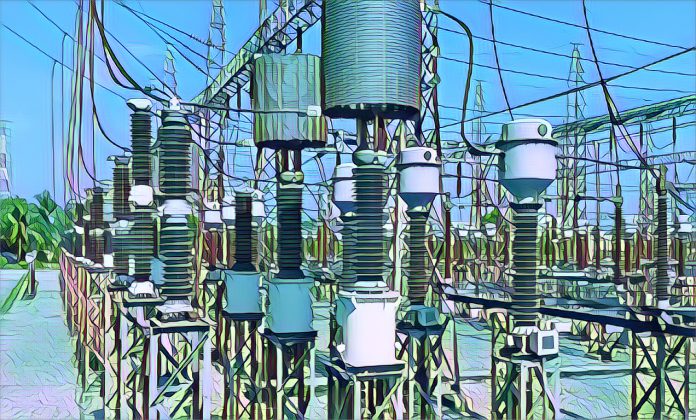Nigeria, Africa’s most populous nation, has a chronic problem with power supply. Despite having abundant natural gas and hydro resources, the country struggles to generate and distribute enough electricity to meet the demand of its 200 million people and growing economy.
In 2023, the Nigerian government spent a whopping N375.8 billion (about $930 million) on subsidizing electricity for its citizens, according to a report by the Nigerian Electricity Regulatory Commission (NERC). This amount was more than five times the N69.1 billion ($171 million) budgeted for the subsidy in the same year.
The report, which was obtained by The PUNCH newspaper, showed that the government’s subsidy obligation increased by 51.3 percent in the third quarter of 2023, compared to the second quarter. This was largely due to the government’s policy to harmonize the exchange rates used by the power sector, which resulted in higher costs for the electricity generation and transmission companies.
The report also revealed that the power consumers paid only N782.6 billion ($1.9 billion) for the electricity they consumed in the first nine months of 2023, out of the N1.06 trillion ($2.6 billion) billed by the power distribution companies (Discos). This means that the collection efficiency of the Discos was only 76.56 percent, leaving a huge revenue gap that had to be covered by the government.
The NERC said that the subsidy was necessary because the tariffs charged by the Discos were not cost-reflective, meaning they did not cover the full cost of producing and delivering electricity. The regulator said that in the absence of cost-reflective tariffs, the government had to cover the difference between the cost of electricity and the tariff allowed by the NERC.
They have also called for the implementation of a service-based tariff regime, where consumers pay according to the quality and quantity of electricity they receive. This, they say, would incentivize the Discos to improve their service delivery, reduce technical and commercial losses, and attract more investments into the power sector.
The NERC said that it was working on a new tariff order that would reflect the current realities of the power sector and ensure a fair balance between the interests of the consumers and the operators. The regulator said that it would also enforce strict compliance with the performance agreements and key performance indicators of the Discos, as well as monitor and sanction any breach of the market rules and regulations.
The NERC’s report comes at a time when Nigeria is facing a severe energy crisis, with frequent power outages, fuel shortages and rising costs of alternative sources of energy. The government has declared a state of emergency on the power sector and launched several initiatives to boost power generation and distribution, such as the Presidential Power Initiative, the Solar Power Naija Programme and the National Mass Metering Programme.
However, these efforts have been hampered by various challenges, such as vandalism, sabotage, gas supply disruptions, funding constraints, regulatory bottlenecks and contractual disputes. The power sector is also grappling with the impact of the COVID-19 pandemic, which has affected the demand and supply of electricity, as well as the revenue and liquidity of the operators.
Despite these challenges, the government and the NERC have expressed optimism that the power sector will overcome its problems and deliver reliable and affordable electricity to Nigerians. They have also appealed to the consumers to cooperate with the Discos by paying their bills promptly, conserving energy and reporting any illegal or fraudulent activities in the power sector.



